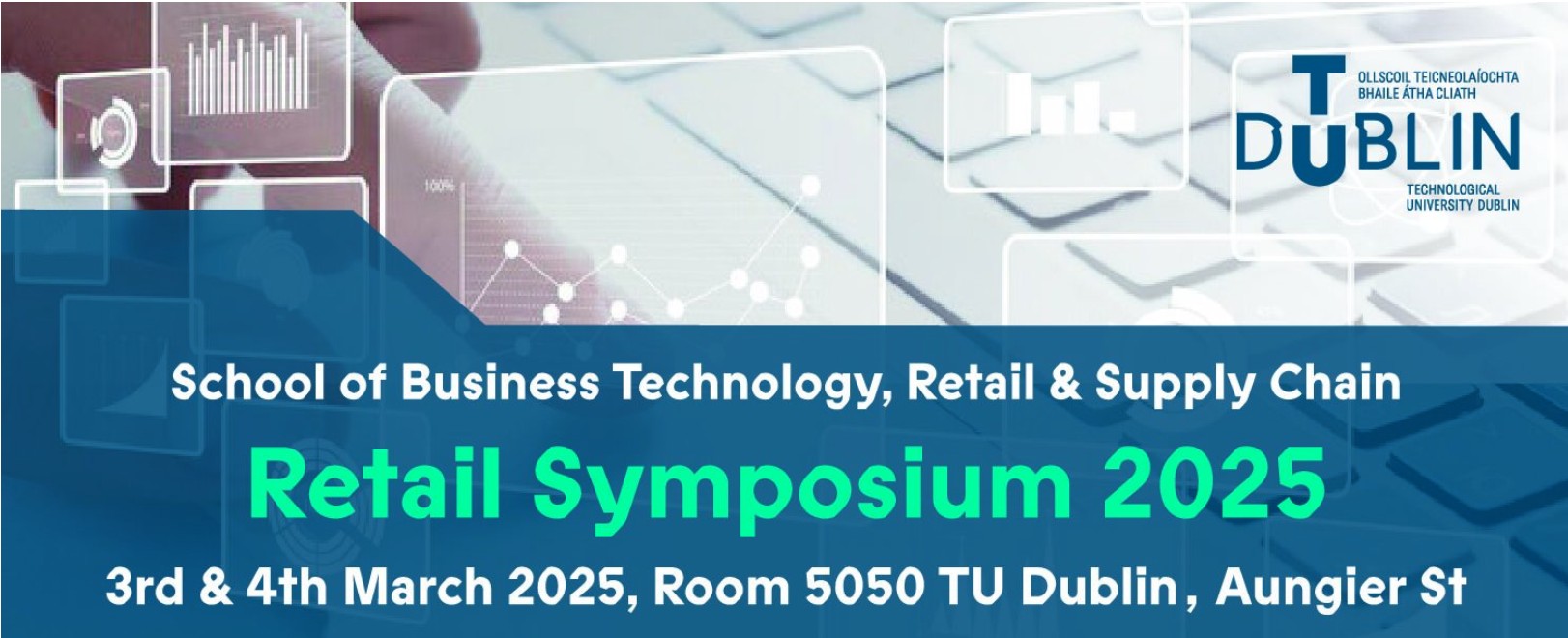
Why academia and business can learn more from each other
On 10th October 2018 at Senate House, University of London, I had the pleasure of assisting in the organisation and chairing of an event titled ‘Data Analytics, Innovation and the Impact on Business and Society’. Whilst this might seem a typical title for an event in the heart of one of the world’s leading universities the aim however was somewhat different. The event was co-sponsored by ubel (the London doctoral training partnership), the Consumer Data Research Centre (CDRC) and UCL Innovation & Enterprise.
The aim of this event was to bring business leaders together with leading academic research to illustrate the value that lies in academia and business working together. I have been fortunate for over 8 years to work with a number of academics on commercial datasets with a mutually beneficial aim that academia can bring time, research expertise and sometimes funding to issues which businesses face and normally have neither the time or research expertise to consider. With over 100 delegates at this event I was delighted to see that there was a near balance between academics and students to people from business.
The agenda for the afternoon can be seen below;

The afternoon illustrated a number of tiers of engagement that businesses can have with academia from the Master programme, to PhD sponsorship to the co-production of data.
Dr James Cheshire, Associate Professor at UCL, opened the event with a key note on how data visualisation has evolved over time and if you want to see more of James’s work then his two books come highly recommend. London The information Capital and Where the Animals Go.


The afternoon was then split into three sessions where we covered Masters research, presentations from business sponsors or supervisors of Masters projects, current PhD research and then finally a panel with commercial leaders discussing the value in data, the challenges in data and the role of academic partnerships.
The Master Programme.
Dr Guy Lansley of UCL co-ordinates this CDRC programme that has been going for five years now. It is designed to address specific research questions that a business might have which can be addressed over the summer months with businesses providing a £500 stipend for the student. Prizes are also awarded to the best research. The process is detailed in the slide below;


There have been a diverse group of business sponsors which illustrates the broad appeal of this programme with a number of companies sponsoring multiple students in one year or over a number of years. More information can be found here.
A number of interesting projects were presented and these included;
Virgin Media presented by Andy Simpson both in his role with an energy provider and at Virgin where he has supervised master students. The latter was around analysis of Smart Meter data to support a government led energy efficiency scheme and the latter looking at fault reporting and fault forecasting in order to improve resolution times.


The Local Data Company, presented by MD, Barnaby Oswald, then presented on the Smart Street Sensor project which is an example of co-production of data between a business and academia. It is the pinnacle of partnership and LDC is a very good example of a company that has worked with academia and made its data available for a number of research projects of which micro location footfall data from the SmartStreetSensor project is but one example.
Nearly 1,000 sensors were deployed across 100 British towns and cities. The research had applications both technically with regards the randomisation of MAC codes and other changes to mobile phone technology along with the ability for this data to be analysed to find pattern profiles by location typology as well as the relationship between footfall and retail sales. These latter use cases have been PhD programmes and also provide an example of a Masters student progressing to a PhD as a result.

Movement Strategies presented by Daniel Stockdale provided an example of a Masters student being employed by the sponsor company. Also in 2018 they supported three Masters students.
Movement Strategies analyse cellular data in order to analyse and forecast crowd movements.

Marks and Spencer project on ‘What factors cause long transaction times at self-service checkouts?’ presented by Professor Kim Cassidy of Edge Hill University. This was a fascinating project around super scanners versus the rest and what is the impact on transaction volumes but also on customer efficiency and satisfaction as these are increasingly rolled out across food stores. The PhD student for this work was Alex Schwarz.
PhD research
The next session include presentations from four PhD students on Consumer Behaviour and Spatial Analysis. The presentations were at differing stages in their research. This is clearly much longer and more in-depth applied research along with critical research questions that must be answered and defended during the examination stage. Three years is typical for a full time PhD and for the purposes of this event might be co-funded through ubel, CDRC or The Centre for Advanced Special Analysis (CASA). PhD topics cover a wide range of topics and present an opportunity for business to co-fund deep dive research.

Mariflor Vega is researching the retail topic of the relationship between customer baskets and transactions.

Ffion Carney’s PhD is on Understanding changes in the mobility patterns of the older population through smartcard travel data. This research is based on the West Midlands travel area and flags up a key area of community mobility versus economic reality of operating bus services. The image from Ffion’s presentation below illustrates well the power of what the data is showing on a topic that is increasingly significant with an ageing population.

Sharon Richardson from CASA presented on Creating contextual insights from real-time data traces. This research is looking at where people are and why they might be there along with what contextual changes result in a variance in movement patterns.

Kevin Xie’s research is on the Modelling Public Transport Route Choice under Disruption. This research looks into alternative models for traditional transport modelling , the role of psychology in behaviour modelling and is aiming to provide a viable tool to modelling public transport route choice.

Business panel session – Where does the value lie?
The final session of the day was a panel of senior business people who were asked around the value, role and challenges of data and research in business along with why there was limited adoption and evidence of business and academia working in partnership. The panel was chaired by me and included Peter Marks – CEO The Deltic Group, Alex Loizou – Co Founder of Trouva.com, Sophie Birshan – Head of Retail Analytics and Insight of John Lewis and Partners, and Graham Seaton – a veteran property director of many retailers and most recently Ann Summers.

90% of the world’s data has been created in the last two years and the continued growth is exponential. This poses a great opportunity for business but also a significant challenge in the aggregation and interpretation of it all to make a business more efficient and ultimately more profitable! A big challenge that the panel discussed was the ‘fog’ of big data but that it does provide the opportunity to get a deep understanding of your customer. In order to maximise the opportunity new skills and understanding are required and some businesses are better than others when it comes to trusting outside support.
A key question around academic support lies around understanding what business problems qualify for academic research and can create a multiplier effect. This is where having a good relationships with academia based on trust enable open and honest conversations to take place to establish needs versus abilities. Everyone agreed that a stronger bridge with academia is required but the reality is that personality types are often very different between business and academia and often the differences in academic and business ‘language’ also complicates matters.
Academic institutions are well placed to support business in the change in technology and how new technology might be implemented in a business setting BUT only if a common interest and mutual understanding exists. From my personal experience of working with academics the number one factor in creating positive relationships comes down to getting on well personally along with a commitment by both parties to deliver what is agreed and within the agreed time frame.
There is great opportunity in building relationships between academia and business and hence why I accepted the honour of being a Visiting Professor at UCL as the problems the world and business face are getting more complex by the day with more data and technology available to resolve, confuse or mislead us. It is only by building diverse teams that leverage skills, experience and capability in both business and academia that we will get the best answers to the problems we face today and in the future.
As such I would urge business and academia to make it an objective for 2019 to take time to meet with and understand what each can bring to the other. In my role of Visiting Professor and a business owner I will support anyone who decides to explore this suggestion.
“It does not matter how slowly you go as long as you do not stop.” Confucius







Leave a comment: